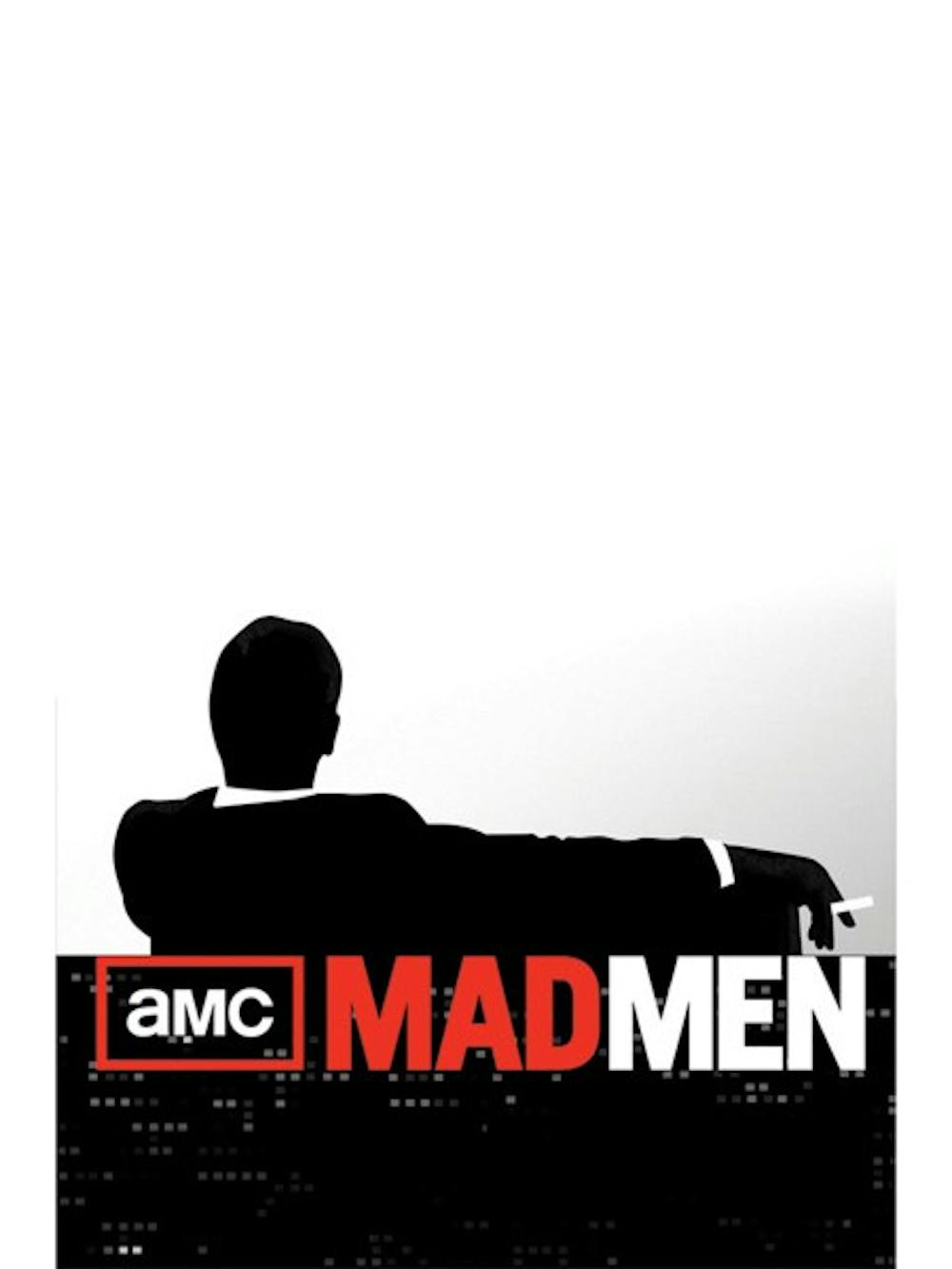 Photo courtesy AMC
Photo courtesy AMCThe premiere of AMC's "Mad Men"s' seventh season, "Time Zones" opens with a familiar face giving an uncharacteristically high-quality advertising pitch about a new brand of wristwatches: "It's not a time piece," he says. "It's a conversation piece."
"Mad Men" has always straddled the line between a conversation piece and a work of art for art's sake. Matthew Weiner, the creator and producer, clearly values the cerebral take on a 1960s period piece over a gimmicky "look at how cool the '60s were" sort of TV show that looks at the surface and goes no deeper (as "Mad Men" imitators did).
The chaos and accelerating change that retroactively marked the '60s as a decade is not as fully on display as in previous seasons but is exemplified in Don Draper himself.
Season seven opens with Don having been let go from Sterling Cooper Draper Pryce, left to wander the streets of Manhattan aimlessly until he goes to visit the missus, who's been set up in a small house in the then-sparsely populated Hollywood Hills.
There's an odd sense of foreboding during his visit which draws attention to Megan Draper's lack of neighbors — much like actress and Manson family victim Sharon Tate, throwing fuel on the fire of those who believe Megan will go out the same way.
Speaking of going, the final scene of "Time Zones" shows Don crouching on his New York apartment's balcony. I'm sure I'm not the only one who was briefly convinced he was going to fling himself over the bannister, thus fulfilling the predictions of everyone who thinks the falling man depicted in the opening credits sequence is, in fact, Don.
Although Don Draper remains effectively the main character of "Mad Men," "Time Zones" seems to spend just as much time developing Don's arc as those of each of the other characters.
We see Peggy Olson's interactions with Ted Chaough, fraught with unfulfillable romantic tension, a seemingly manic Pete Campbell living it up on the West Coast, an enthusiastic Freddy Rumsen (the dude who pissed his career away — literally) funneling Don's pitch ideas to SCDP and Joan Harris fighting to keep an account from leaving the firm.
The episode also features a continually drifting Roger Sterling meeting his estranged daughter who when asked whether she's started attending church, cryptically responds, "not in any way you'd understand."
Much of the episode is cryptic, setting up conflict later on in what is destined to be a shocking season.
Business as usual is over, but then again, Sterling Cooper (and SCDP) has never really had a steady era of no conflict — that's what makes "Mad Men" a drama.
But the signature threads of real historical threads that are always woven into "Mad Men" plots are fewer. Beatle-mania has settled, President John F. Kennedy and Sen. Bobby Kennedy have died, Vietnam has been invaded.
What's left for season seven? The aforementioned Manson family, the Stonewall riots, Chappaquiddick — not much that will have the dramatic social effects on American society, except perhaps the moon landing.
The Daily Beast's Andrew Romano says "Mad Men" may be out of ideas. Perhaps that's an unintentional result of restricting a TV show to a particular era. As the era draws to a close, so do the opportunities to bring history into the story — Weiner's favorite narrative device.
"Time Zones" is an unmistakably slow start to a final season. It catches viewers up but fails to substantively move the action along.
We already knew Don was falling apart, and Peggy, too. If season seven is to measure up to the admittedly astronomical standards viewers have come to place on "Mad Men" (thanks in part to AMC's other prestige drama, "Breaking Bad"), it has to turn it around, and quick.
Until then, "Mad Men" is just another conversation piece that's swiftly losing relevance.
Reach the reporter at skthoma4@asu.edu or follow her on Twitter @savannahkthomas




